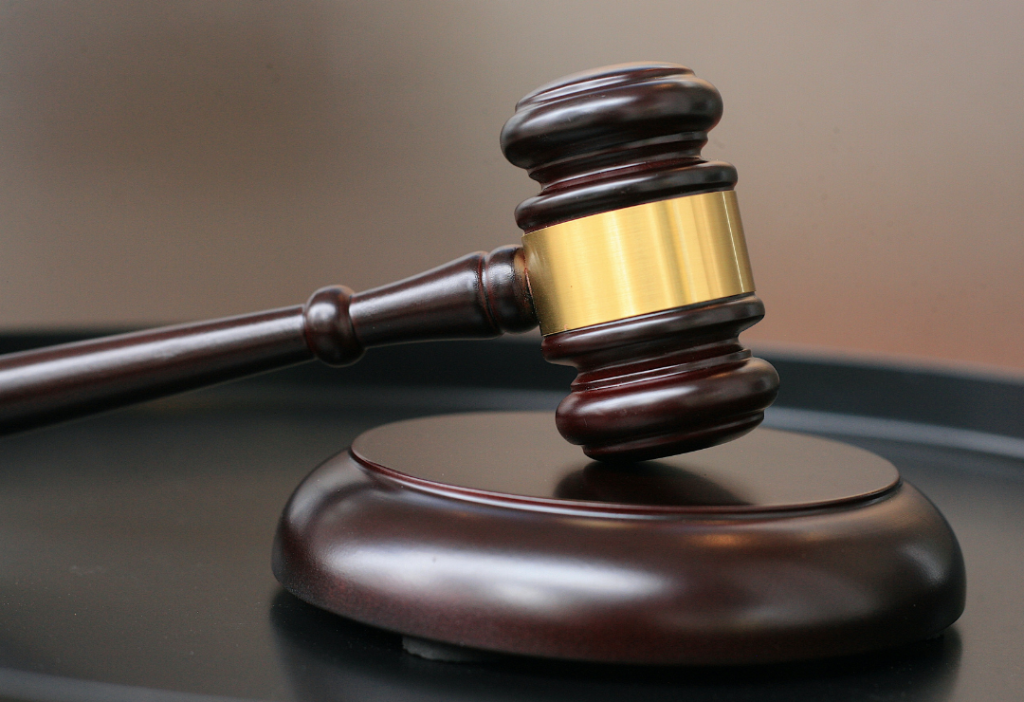A car accident can turn an ordinary day into a whirlwind of stress and confusion. In those first few moments, it’s hard to know what to do next. But taking the right steps can make a big difference—not just for your safety, but also for protecting your legal and financial interests. Here’s a straightforward guide to help you handle the aftermath of an accident with clarity and confidence.
Start with Safety
First and foremost, make sure everyone is okay. Check yourself, your passengers, and anyone else involved. If there are injuries, call 911 right away. If it’s safe and your car is drivable, move it to the side of the road to avoid causing another accident. Turning on your hazard lights can also help alert other drivers.
Call the Police
Even if the accident seems minor, it’s important to get the authorities involved—especially if someone’s hurt or there’s visible damage. When officers arrive, they’ll create an official accident report, which can be a crucial piece of documentation later on. Be honest and factual when providing your statement, but avoid admitting fault at the scene.
Document Everything
This part is all about gathering evidence. Take photos of the vehicles, any damage, skid marks, traffic signs, and the overall scene. These visuals can help clarify what happened. Exchange information with the other driver: names, phone numbers, insurance details, license plate numbers, and vehicle descriptions. If anyone witnessed the accident, ask for their contact info too—they could help support your version of events.
Notify Your Insurance Provider
Let your insurance company know about the accident as soon as possible. Provide all the relevant information, including the police report and your photos. The sooner you report it, the better—waiting too long can jeopardize your coverage or slow down your claim. Be ready to answer questions and stick to the facts.
Don’t Skip the Doctor
Even if you feel fine, it’s still smart to get checked out by a medical professional. Some injuries, like whiplash or internal bruising, don’t show up right away. A quick visit can catch anything serious early—and it also creates a medical record, which could be important if you need to file a claim or seek compensation.
Stay Organized
It might not be exciting, but keeping your paperwork in order is essential. Store all your accident-related documents in one place: the police report, medical bills, insurance communications, repair estimates, and anything else tied to the incident. If legal questions come up later, having this information handy will save you time and stress.
Consider Your Options
Depending on how things unfold, you might need to file a claim, negotiate with other parties, or even seek legal advice. Every accident is different, so take the time to understand your rights and obligations before making any big decisions. If you’re feeling overwhelmed or unsure, reaching out to a legal professional can provide clarity.
Accidents are never easy, but knowing how to respond can help you stay grounded in a difficult moment. At Adams & Midway Legal Group, we’re here to support you with the resources and legal guidance you need to move forward—with confidence and peace of mind.

